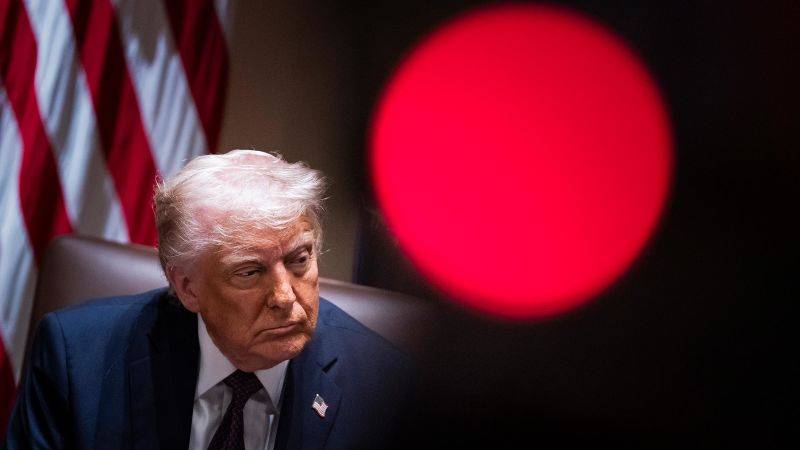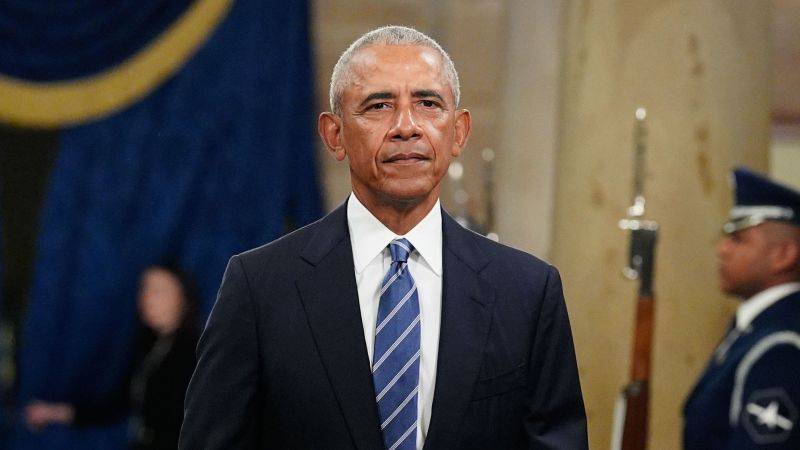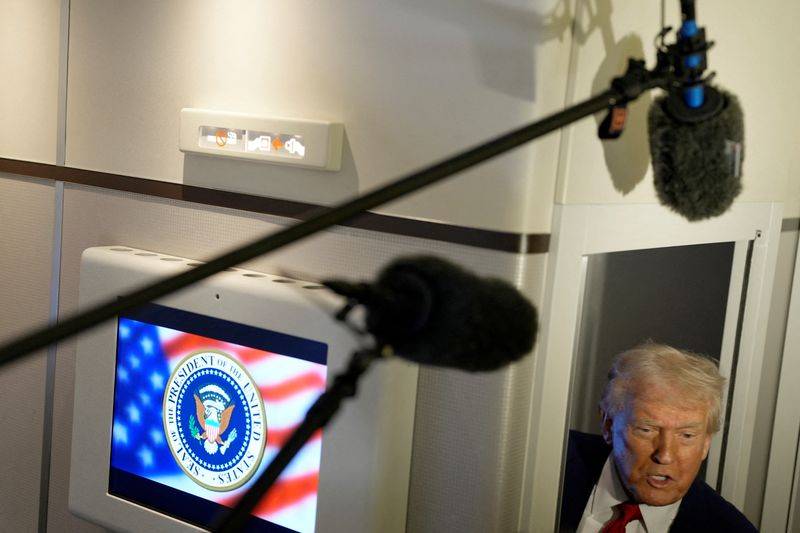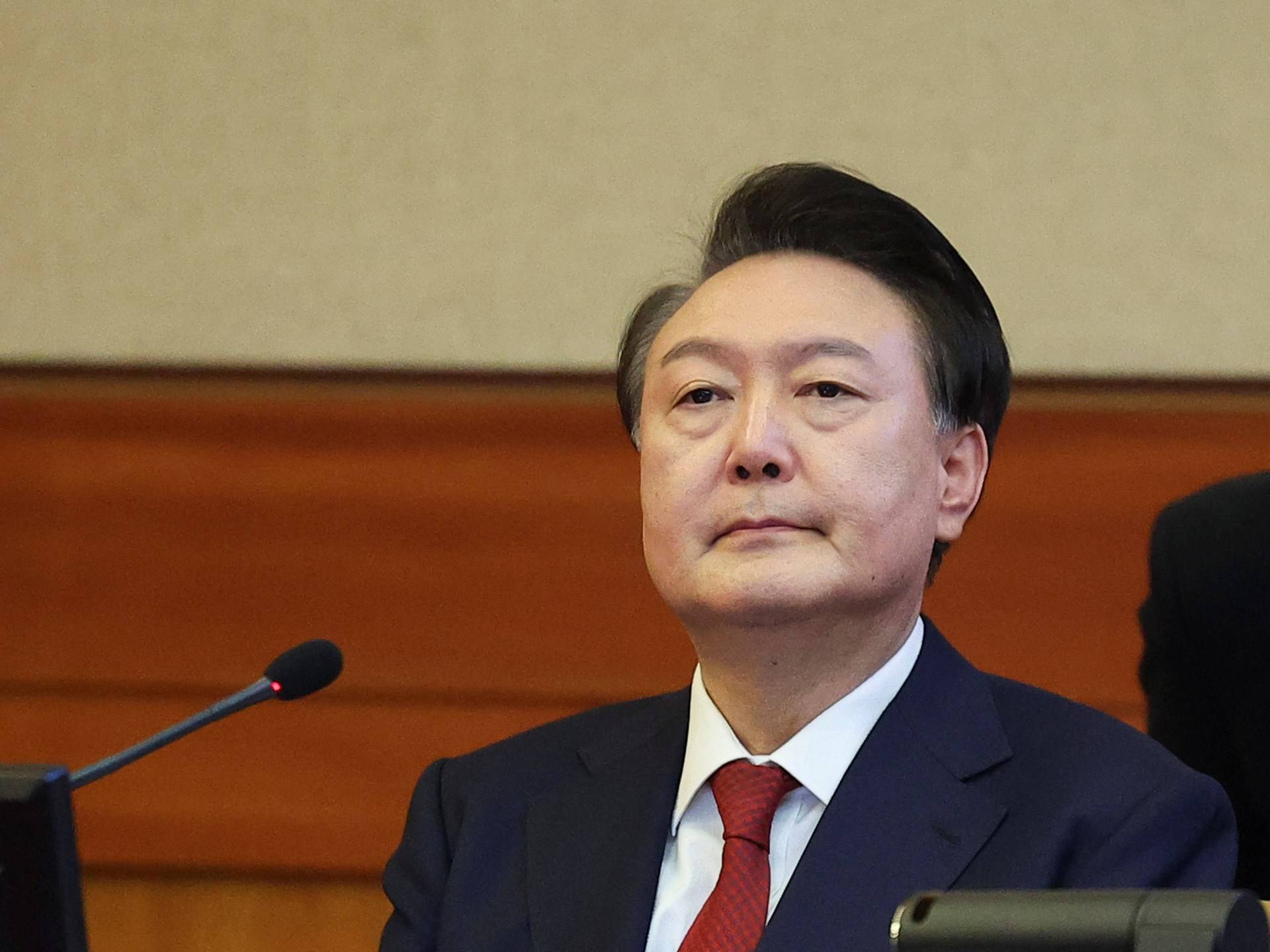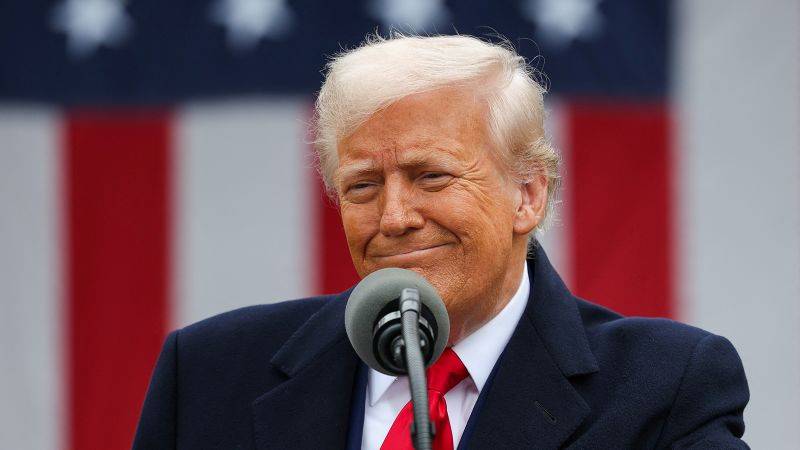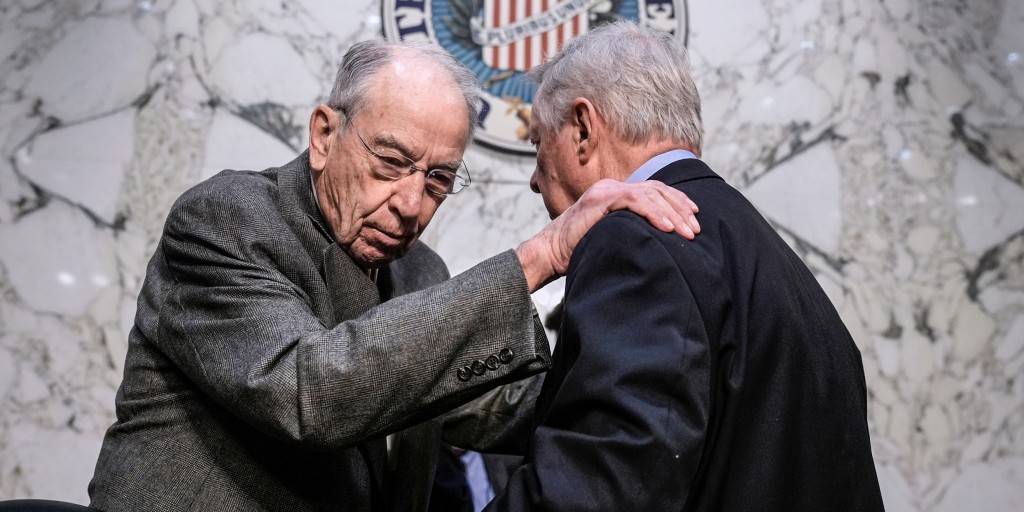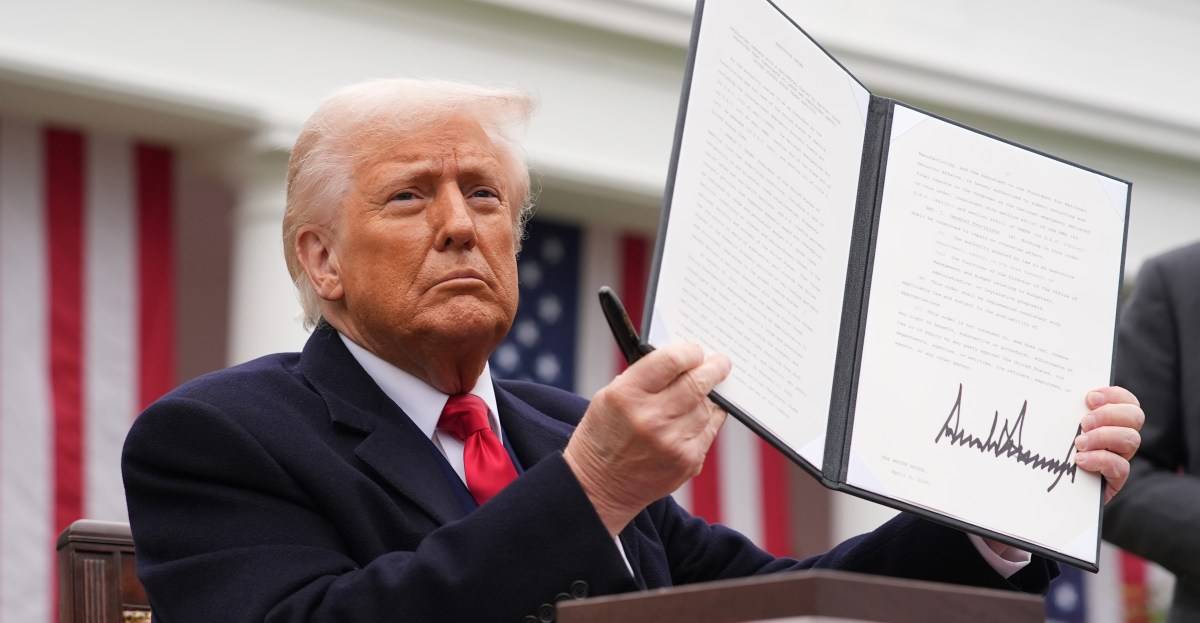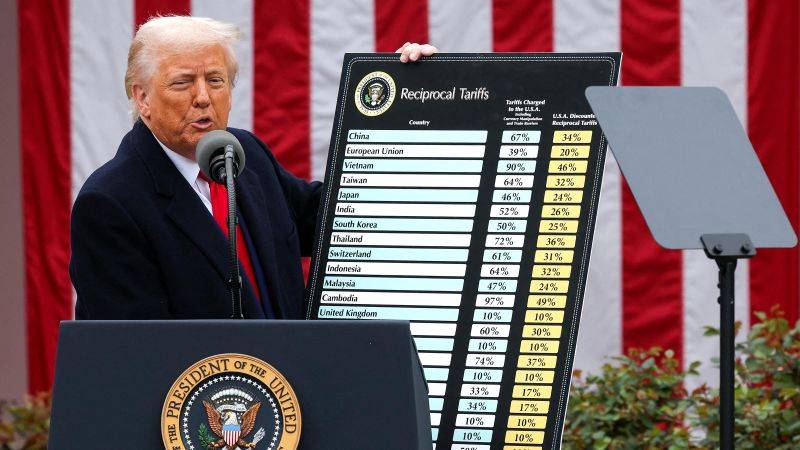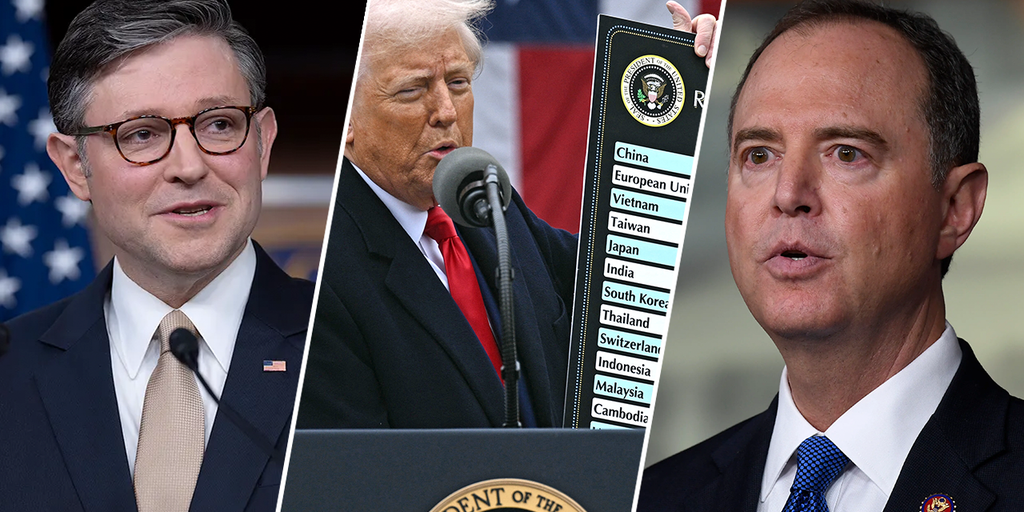The speculation surrounding Donald Trump’s potential third term as president has been reignited, despite constitutional barriers. Trump recently expressed his interest in running again, stating, “I’m not joking,” though he acknowledged it was early to consider such a move. This has sparked intense debate among constitutional scholars and legal experts.
Constitutional Limits
According to the 22nd Amendment, which was ratified in 1951, “no person shall be elected to the office of the president more than twice.” Scholars see this as a clear legal barrier to Trump’s ambitions, making any attempt to serve a third term an unprecedented challenge to the Constitution. David Schultz, a constitutional law professor at Hamline University, noted that Trump may not want to rule out a third term, but “the Constitution does.”
One of the “methods” Trump floated involves running as a vice president candidate, then assuming the presidency after the election. However, legal experts point out that this would violate the 12th Amendment, which governs the presidential line of succession.
Project 2025 Alignment
Meanwhile, Trump’s second administration is already implementing policies aligned with Project 2025, a blueprint from the Heritage Foundation that aims to overhaul federal agencies and policies. This includes replacing civil service workers with partisan loyalists and reducing environmental regulations.
Concerns About Civil Liberties
Trump’s third-term speculation also intersects with concerns about Project 2025’s broader ambitions. Critics argue that this agenda threatens civil liberties and democratic norms by supporting radical policy changes. The ACLU and other organizations are actively opposing these proposals, which include eliminating diversity, equity, and inclusion programs and criminalizing certain forms of speech.
Legal and Political Ramifications
As Trump navigates this complex political landscape, his efforts will be scrutinized by both supporters and critics. The coming months will likely see intense legal and political battles over the legitimacy of any attempt to bypass constitutional term limits.
In Washington, D.C., where I’ve covered politics for years, there’s a sense of unease among lawmakers and legal experts. The country is in uncharted territory, and how Trump’s third-term ambitions unfold will depend on constitutional interpretations and the willingness of the courts to intervene. Whether Trump can actually achieve his goal remains to be seen, but his statements have already electrified both his base and his detractors.
Policy Moves and Public Response
To understand the full scope of Trump’s policy ambitions, it’s essential to examine how his administration is implementing aspects of Project 2025. Despite distancing himself from the initiative during the campaign, Trump’s second-term actions closely align with the project’s policy objectives. This includes freezing federal hiring and revoking certain executive orders from the Biden administration.
The public’s reaction to these developments will largely influence how these policies progress. Organizations like the ACLU are gearing up for legal challenges to protect civil rights and liberties perceived to be at risk under Project 2025. As these legal battles unfold, they will likely shape the trajectory of Trump’s presidency and the broader political landscape.
The Road Ahead
Ultimately, Trump’s third-term speculation and Project 2025 will continue to dominate political discourse in the coming months. The outcome will hinge on the interplay between the courts, Congress, and public opinion—each playing a crucial role in determining the future of American politics.

